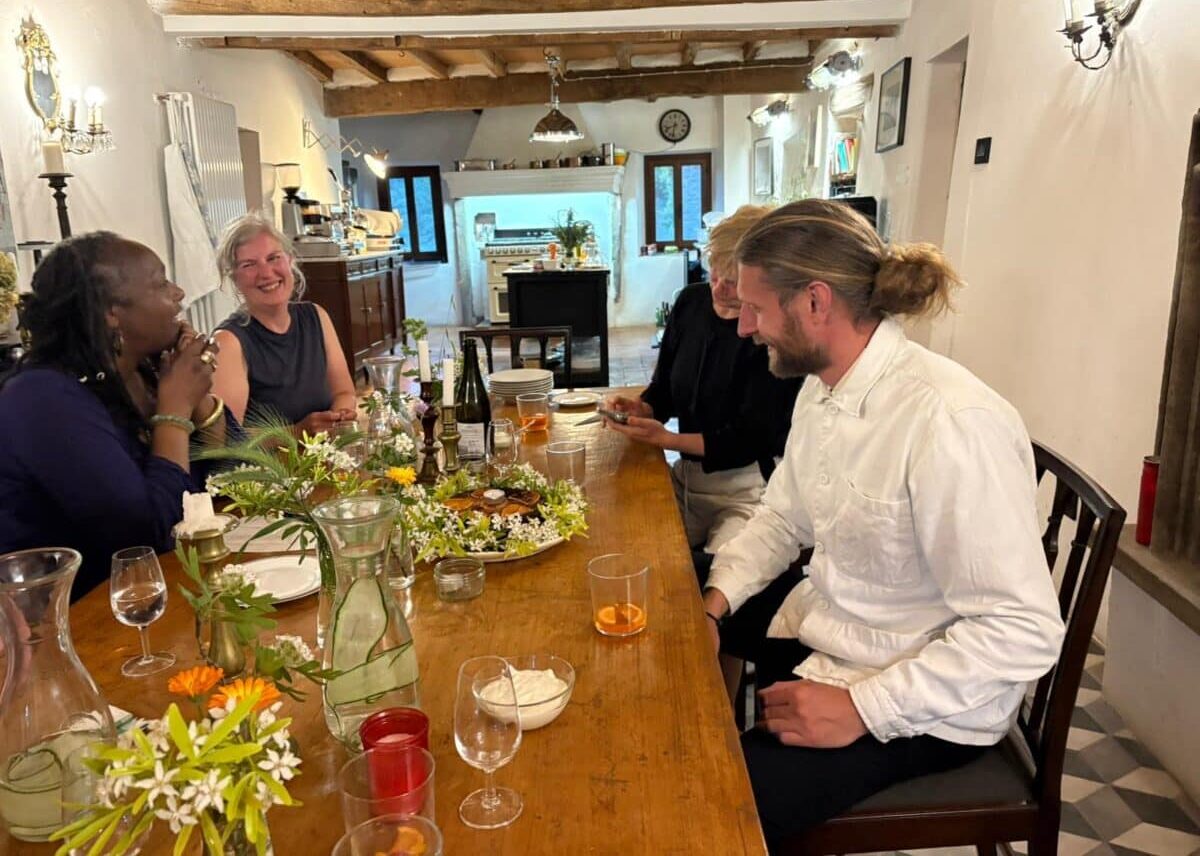Solito: A Memoir
Javier Zamora
(Hogarth, 2022)
Review by Daniel Rey
About a year before he left El Salvador, Javier Zamora’s parents started talking about a ‘trip’. ‘One day you’ll take a trip to be with us,’ they said over the phone from the US. ‘Like an adventure. Like the one Simba goes on before he comes home.’
Javier’s parents had fled El Salvador in the 1990s, during waves of migration caused by the country’s civil war. Javier’s father left when the boy was one year old, and his mother when he was four.
Javier’s memoir, Solito, begins in March 1999. He is nine, and living with his grandparents in El Salvador. His nickname at school is The Grammar Whiz; he has represented his region in the national spelling bee, appeared on television and shaken the president’s hand. The nuns who run the school believe he has a bright future.
Javier’s parents hire a people-smuggler, who promises to take Javier across the border to Guatemala, then to Mexico, and into the U. S. Javier, who is not yet completely toilet-trained, will be going without anyone he knows. He is solito – an endearing, diminutive word that means ‘on his little ownsome’.
Travelling by coach, minibus, motor-launch and on foot, Javier has to grow up quickly. The smuggler says he must pretend to be from Mexico, learn its national anthem, and support Chivas, a Mexican soccer club. A woman he has just met is now his mother, and her daughter – on whom he has a crush – is now his sister.
‘I do feel older,’ Javier reflects after his first puff of a cigarette. ‘Like the smoke gave me courage to get on that boat. To not cry. To not vomit. To be here now in another country without Grandpa. I’m scared, but I’ve smoked.’
Javier is at the mercy of the smugglers, his fellow migrants, random civilians, and the authorities of three countries. Many people he and his new family meet on the journey detest them. ‘Learn to speak,’ says an old lady at a roadside food stand in Mexico after they use the Salvadoran word for ‘straw’. And when soldiers checking for migrants with false passports board their bus, another old lady says, ‘Take them! They are not Mexican.’
Solito is written in the present tense, in the form of long diary entries. To write it, Zamora, who is one of the rising stars of American poetry, retraced his steps and underwent therapy. Zamora generally adopts the tone of a child, and scatters Spanish words and Salvadoran idioms. The latter present a challenge for non-Salvadoran Spanish-speakers, but using them allows him to reclaim the place of his true identity in the narrative. Some of the similes are unimprovable. His father’s voice, for instance, is ‘deep and raspy, but still soft, like a sharp stone skipping over water.’
Zamora, who volunteers with a migrant charity in Arizona, has written an extraordinarily personal account that transcends literary endeavour. Given the current crisis on the US-Mexico border, and the US government’s policy of separating families, Solito is a well-timed illustration of the particular courage demanded of child migrants.
https://www.penguinrandomhouse.com/books/705626/solito-by-javier-zamora/
Nowhere
Khalid Abdalla’s one-man show Nowhere, raises questions of 'Who do we feel responsible for?' and ‘What [is] a life worth?’
The Booker Prize 2025: a public shortlist, a private thrill
The poet and translator Sana Nassari reflects on the excitement among the more than 2,000 people attending the Royal Festival Hall event announcing the shortlist for the Booker Prize 2025
Late Shift
Following nurse Floria over a late shift as her journey spirals out of control
Writing in Emilia-Romagna
Writer, educator and curator Nicole-Rachelle Moore on her time at the WritersMosaic Villa Lugara writing retreat in northern Italy
The Black Mirror
An evocative piece by writer Suhayl Saadi about an estate agent as she visits a property on her list that she hoped would never sell
Lucha Libre
The spectacle of Lucha Libre, Mexico’s famous, masked, freestyle, professional wrestling, as experienced by Michael McMillan

Preaching
'Preaching': A new poem by the T.S.Eliot Prize-winning poet Roger Robinson, from his forthcoming New and Selected Poems (Bloomsbury in 2026).

Walking in the Wake
Walking in the Wake was produced for the Estuary Festival (2021) in collaboration with Elsa James, Dubmorphology and Michael McMillan who meditates on the River Thames as we follow black pilgrims traversing sites of Empire.

Illuminating, in-depth conversations between writers.
SpotifyApple Podcasts
Amazon Music
YouTube
Other apps

The series that tells the true-life stories of migration to the UK.
SpotifyApple Podcasts
Amazon Music
YouTube
Other apps















